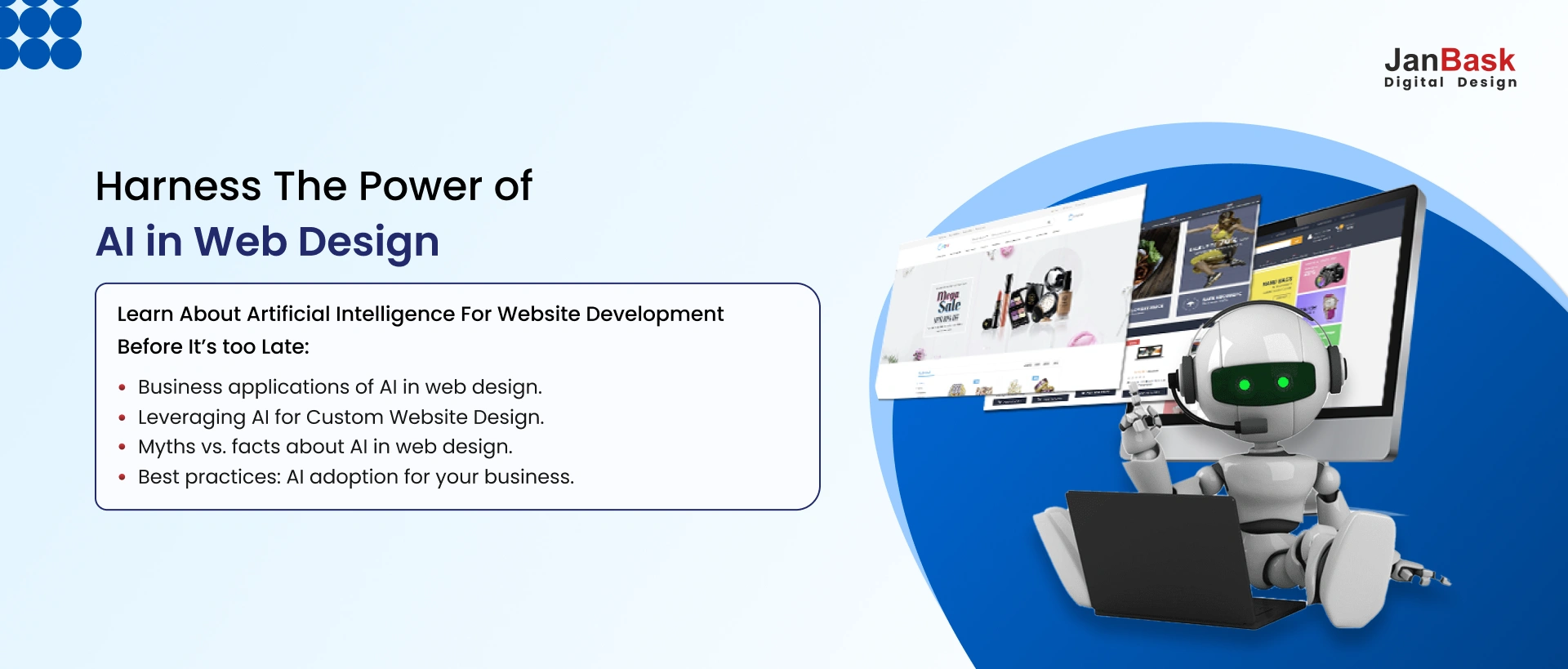
With the quick and fast-paced advent of innovation and technological development, the meaning of the word ‘reality,’ which we use so casually, is always experiencing changes at it is most essential and basic. Recently, these progressions have been much aggressive in nature and quite rapid!
Take, for instance, how we get to interact with reality. The five essential senses that a person has are enough for anybody to carry on with their day by day existence easily (even though that is very easy to refute, really!). In any case, even those five faculties can possibly do as such much with regards to seeing, hearing, and seeing things that are not ‘really’ there. This is the place the idea of ‘recreated reality’ comes into the image.
The two most recent innovations that have overwhelmed the world in this “simulated aka reproduced” space is Augmented Reality and Virtual Reality. That being stated, because of extensive overlaps in what both of these technological developments convey, and the way that both alter/emphasize the physical reality around a client, individuals will in general mistake one for the other.
In this way, unequivocally, we should take a gander at what these technological advancements are and how they vary from one another. Hence in this article, we shall cover the differences and the shortcomings between the two.
What Is Virtual Reality?
‘Virtual’ and ‘reality’- the inborn implications of the word remain at the opposite ends to each other. More often recognized as ‘VR,’ Virtual Reality altogether inundates you in an alternate, visual world that is falsely made, enhanced and upgraded. It moves you completely from your physical surroundings to a ‘virtual’ world, where you become a piece of it and can interact and connect with it in different ways and means. Notwithstanding the ability to create a visual encounter (which clearly takes advantage of your feeling of sight), VIRTUAL REALITY can interact, connect with and associate with many of your faculties, including hearing, smell.
What Is Augmented Reality?
Augmented Reality (AR) alludes to a reality that has been ‘expanded’ or ‘improved’ by way of artificial and augmented methods. It essentially augments, enhances, and improves your reality with the assistance of mimicked inputs, implying that it replaces or adds to this present reality with a recreated one inside your physical environment.
What is difference between Virtual Reality and Augmented Reality?
1). Experience
As has been mentioned before, Virtual Reality takes you from this present reality and places you into a completely new and distinctive world, where you couldn’t typically go or experience earlier. Put on some virtual reality rigging and gears, and you’ll in a split second be moved to the most colorful areas on the planet or spots that must have been envisioned in fantasies. To put it plainly, virtual reality results in the clients’ outright submersion in whatever they are viewing, with no association/aggravation/attachment present from the genuine, physical world. When you put on your virtual reality gear, you’re detached from this present reality.
Augmented Reality, then again, consolidates whatever it is that you are seeing or seeing with this present reality. It includes, progressively, relevant layers of desirable and relevant data to highlight or help your permeability and impression of things. A relevant example in today’s context would be the famous Marvel Character Iron Man, aka Tony Stark.
How he sees and connects with all the suspended animations in his nanosuit (that should be shown on a PC screen) just by moving and “contacting” these things suspended that is noticeable all around is an awesome case of how augmented reality functions. The idea of Augmented Reality has been utilized in numerous other motion pictures, too, and this includes the Minority Report, Wall-E, Avatar, etc. Not at all like virtual reality, Augmented Reality, in fact, can guarantee that you are continually mindful and aware of your physical environment, while effectively interacting with the augmented one at the same time.
2). Accessory
As of today, both Augmented Reality and Virtual Reality work with various accessories and devices. So your virtual reality riggings and gears or accessories won’t bolster or improve your Augmented Reality experience, and the same is true the other way around as well.
The most prominent riggings and gears that are leading in the virtual reality’s development in the market is Oculus Rift. The Rift covers both your eyes and ears when you wear it, has a resolution of 1080×1200 per eye and gives a wide-point perspective on the virtual world that you enter once you put it on. A portion of different advancements supporting virtual reality also includes accessories such as Google Cardboard, Samsung Gear virtual reality, HTC Vive, and Sony Project Morpheus.
AR’s most prevalent apparatus is Hololens. A result of the hard efforts of the tech-goliath Microsoft, its appearance is like visor glasses, and are associated with a customizable cushioned inward headband. Other important accessories that support AR are Google Glass, Sony SmartEyeglass, Recon Jet, Vuzix M100, Google Glass 2, and Magic jump.
Shortcomings
While both AR and VR offer an alternate/upgraded perspective on this present reality, there are a couple of difficulties that they have to resolve to survive.
For VR, its essential goal, for example, transportation to an alternate world, is additionally what turns into its disappointment. Introduction to such a view for a really long time could cause orientation disorder. Likewise, the client must be in a controlled and safe environment with optimum conditions to have the option to utilize it. Moreover, the accessory of virtual reality isn’t something that you can just tote around in your pocket to utilize at whatever point and any place you need.
Concerning AR, it offers an extremely little field of view in contrast with VR, and like VR, there are additionally a few issues with AR’s accessory as well. As is valid with any wearable tech, it should be made progressively chic and socially satisfactory. One of the primary purposes behind the tepid presentation of Google Glass was its absence of the “stylish intrigue.”
Summary
The New York Times as of late distributed more than one million Google cardboards to its advanced version endorsers. YouTube and Facebook are empowering VR online through its advanced video players.
Virtual Reality Is Made For Content Oriented Users
Virtual Reality is the main medium that ensures the client’s a finished spotlight on the content. There is no turning away, no browsing email or instant messages, and no refreshing online networking statuses. Virtual Reality is the most vivid approach to recount a story since what occurs inside that headset makes you feel something in your mind, heart, and gut.
However, virtual reality’s greatest quality is additionally its most prominent shortcoming. The vivid idea of virtual reality blocks clients from interfacing with their environment. It removes them from the occasion. They can’t stroll around and see what is directly alongside them, look at individuals without flinching or read somebody’s non-verbal communication. Virtual Reality is an amazing method to experience content; however, it isn’t reasonable for connecting in reality.
What’s more, in that lies the serious issue with virtual reality. The best immersive occurrence is the final deciding factor with no uncertainty, and giving vivid encounters is the sacred goal in publicizing and marketing this tech. In any case, virtual reality will never turn into a harmless piece of our day by day lives.
The genuine objective of promoting isn’t to intrude on our errands or encounters but to include additional value to them for the sake of a brand. Virtual reality has just begun to reform how we watch content, yet will never be the innovation we go to in our regular daily existences.
AR Is For This Present Reality
AR adds relevant layers of data to our encounters and experiences continuously. We have seen this future predicted in Hollywood movies, for example, Avatar, Minority Report, Iron Man, and Wall-E, among others. Before long, these portrayals will turn out to be genuine.
In any case, AR has issues with execution, which will, in general, feel gimmicky. Keep in mind when you pointed your cell phone to a print promo to get some terrible content? Google Glass demonstrated some creative AR applications. However, they were, at last, a disappointment because the equipment and innovation were excessively wide and needed the spotlight on the consumer issue they were attempting to settle. These models have demonstrated the guarantee of AR, however, have neglected to convey on logical utility.
All things considered, what’s to come is brilliant for AR with a few tech organizations taking a shot at their AR contributions. Microsoft is taking a shot at HoloLens AR headset glasses. Developer units are being planned for distribution to hit the market in time. Google put resources into an organization called Magic Leap, whose innovation transmits lasers into the watcher’s iris to enact AR. That future will turn into a reality in the coming year.
Both VR and AR tinker with our existence — yet AR upgrades it, while VR redirects us from it, which is the reason the last has gone to the fore in 2019, with its guarantee of relevant information for advertisers and utility for buyers.
It’s the future we were guaranteed, and it’s nearer to our grip.
Conclusion
In the battle of AR-Vs VR, it would be true to say that both Virtual Reality and Augmented Reality tinker with the real world; although while VR occupies you from it, though AR upgrades and adds to it. How the two technological advancements happen, later on, depends completely on the clients. It boils down to basic questions of coordination, convenience, and whether you need to improve your physical world or be elsewhere completely carefully.



A
thanks for info